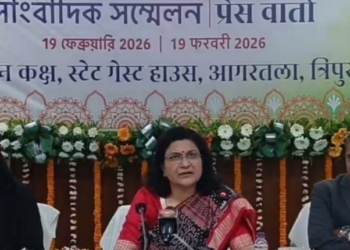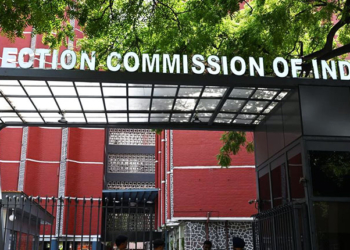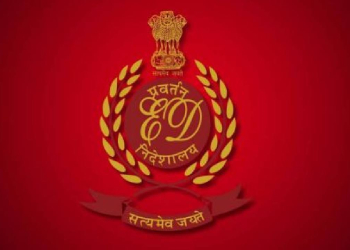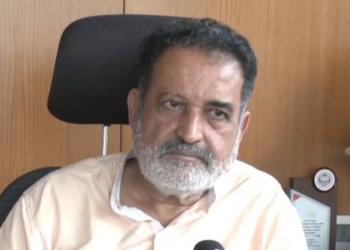New Delhi: The Central Board of Direct Taxes (CBDT) on Tuesday clarified that it is being erroneously reported that all Indian citizens must obtain an income tax clearance certificate (ITCC) before leaving the country and said that this position is factually incorrect.
“As per Section 230 of the Act, every person is not required to obtain a tax clearance certificate. Only certain persons, in respect of whom circumstances exist which make it necessary to obtain a tax clearance certificate, are required to obtain the said certificate. This position has been in the statute since 2003 and remains unchanged even with the amendments vide Finance (No. 2) Act, 2024,” a CBDT statement said.
Section 230 (1A) of the Income Tax Act, 1961 relates to obtaining of a tax clearance certificate, in certain circumstances, by persons domiciled in India. The said provision, as it stands, came on the statute through the Finance Act, 2003 w.e.f. 1.6.2003.
The Finance (No.2) Act, 2024 has made only an amendment in Section 230(1A) of the Act, vide which, reference of the Black Money (Undisclosed Foreign Income and Assets) and Imposition of Tax Act, 2015 (the ‘Black Money Act’) has been inserted in the said Section.
This insertion has been made to also cover the liabilities under the Black Money Act in the same manner as the liabilities under the Income Tax Act,1961 and other Acts dealing with direct taxes for the purpose of Section 230(1A) of the Income-tax Act,1961, the CBDT statement said.
There appears to be misinformation about the said amendment emanating from an incorrect interpretation of the amendment. It is being erroneously reported that all Indian citizens must obtain an income tax clearance certificate (ITCC) before leaving the country. In this context, the CBDT, vide its Instruction No. 1/2004, dated February 5, 2004, has specified that the tax clearance certificate under Section 230(1A) of the Act, may be required to be obtained by persons domiciled in India only in the following circumstances: Where the person is involved in serious financial irregularities and his presence is necessary in investigation of cases under the Income Tax Act or the Wealth Tax Act and it is likely that a tax demand will be raised against him, or where the person has direct tax arrears exceeding Rs 10 lakh outstanding against him which have not been stayed by any authority.
Further, a person can be asked to obtain a tax clearance certificate only after recording the reasons for the same and after taking approval from the Principal Chief Commissioner of Income Tax or Chief Commissioner of Income Tax. In view thereof, it is reiterated that the ITCC under Section 230(1A) of the Act, is needed by residents domiciled in India, only in rare cases, such as (a) where a person is involved in serious financial irregularities or (b) where a tax demand of more than Rs 10 lakh is pending which is not stayed by any authority, the statement added.
(IANS)















